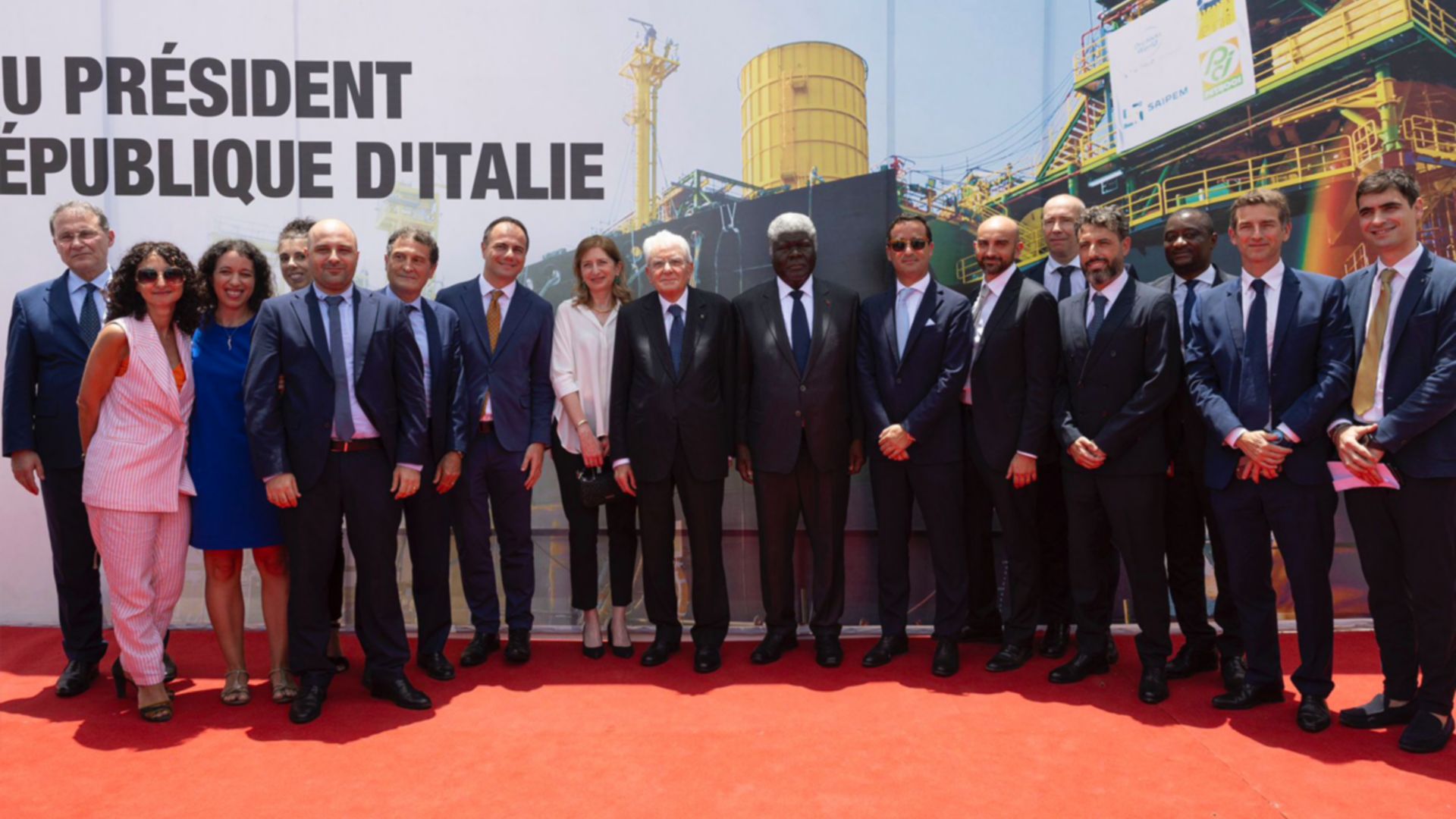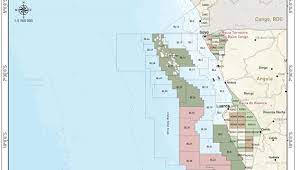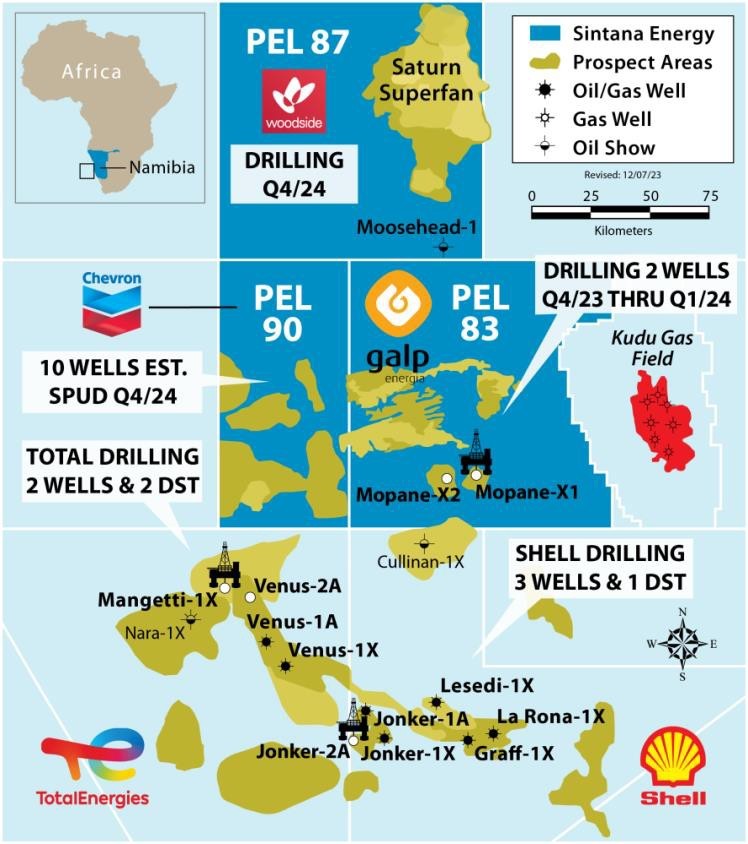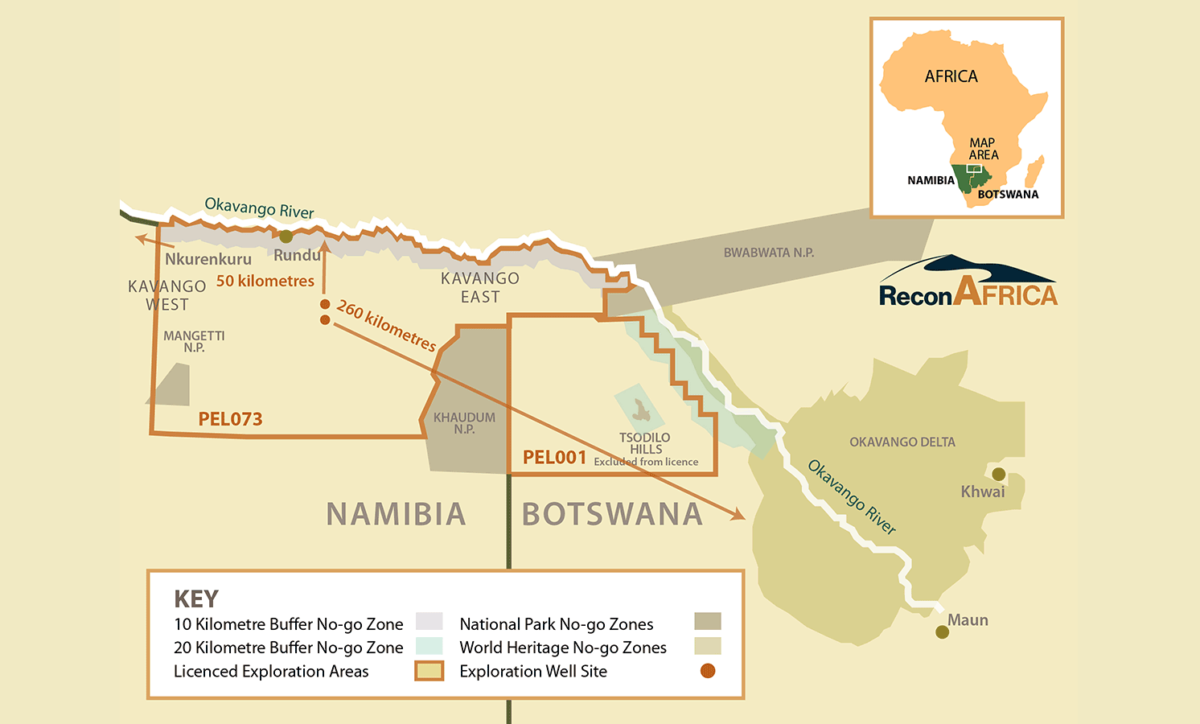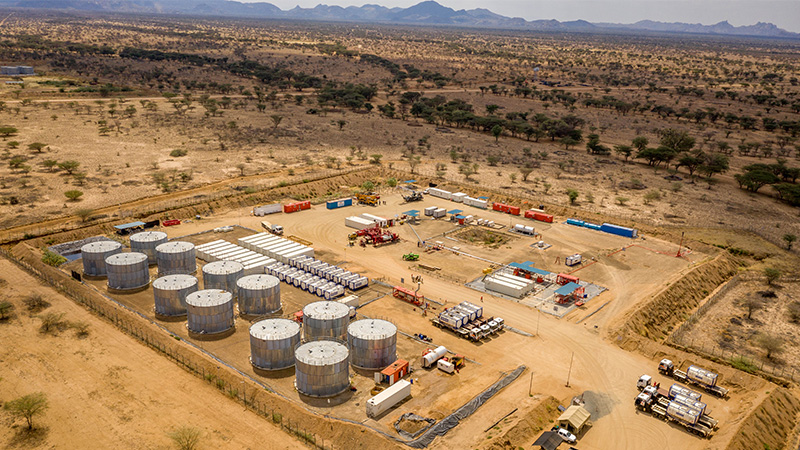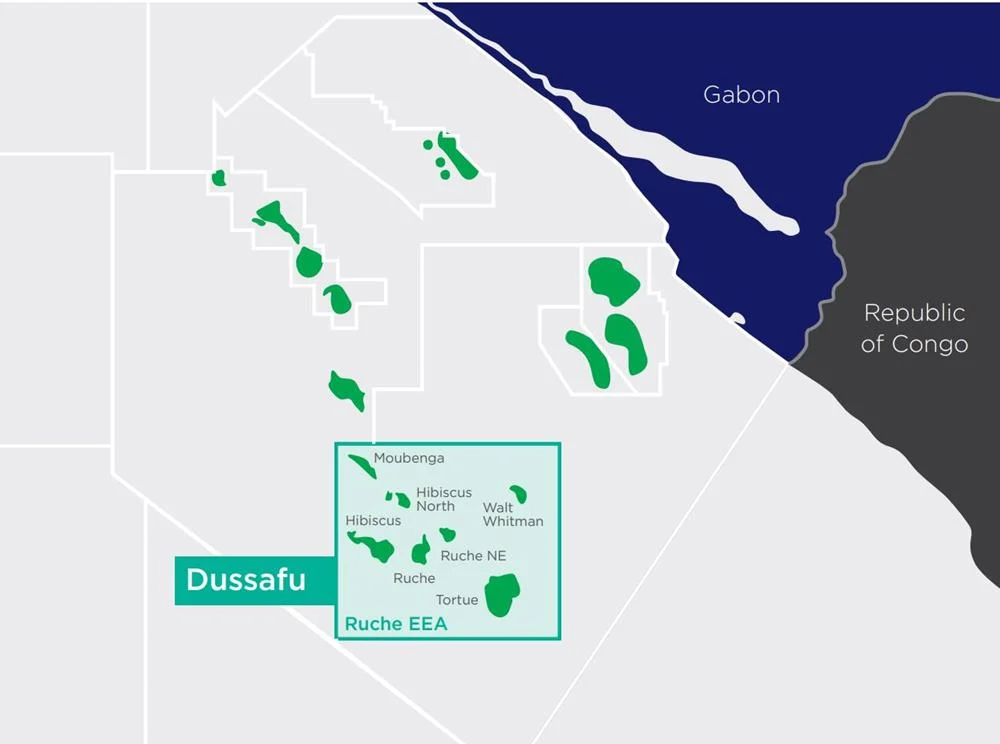Somalia 2D offshore seismic results yet to be released 4 months on
Results from a 2D seismic acquisition programme that commenced on 4th February 2014 by Soma Oil and Gas Exploration Limited through the SeaBird Exploration vessel are yet to be released four months after the data processing completion was expected.
According to Soma Oil and Gas the 2D seismic data acquisition across a 122,000 sq km offshore evaluation area and 20,500 km lines was completed in June 2014 and was expected to take until late last year to complete the processing.
Under the terms of the Seismic Option Agreement signed by the Ministry of Petroleum & Mineral Resources, Federal Government of Somalia and Soma Oil & Gas the latter was given the right to apply for Production Sharing Agreements for an area of up to 60,000 sq km while the ministry would receive the processed seismic data for use by the Ministry and storage in the Ministry’s data room in Mogadishu.
Somalia which remains a significantly under-explored region despite large recent discoveries elsewhere in East Africa & Madagascar had hoped that following the acquisition of data the country would attract back international explorers to search for oil and gas offshore.
“This significant milestone not only demonstrates the Federal Government’s commitment to re-opening Somalia’s oil and gas industry which will see economic and social developments for the country and the people of Somalia, but further confirms that the historic security risks associated with Somalia are continuing to diminish,” Daud Mohamed Omar, Minister of Petroleum & Mineral Resources, said following the completion of seismic acquisition last year.
In December last year Soma Oil and Gas CEO Robert Sheppard had told the BBC that the company was hopeful of successful discovering oil noting that the region’s geology that resembles that of the northwest coast of Madagascar which has already seen discoveries.
This said it is unclear as to what would have led to the delays and as to what effect this will have on the efforts to attract oil exploration companies as well as reactivating old oil contracts (Exxon Mobil, Royal Dutch Shell, BP and Chevron) as the country tries to tap in on the current moderate stability.





